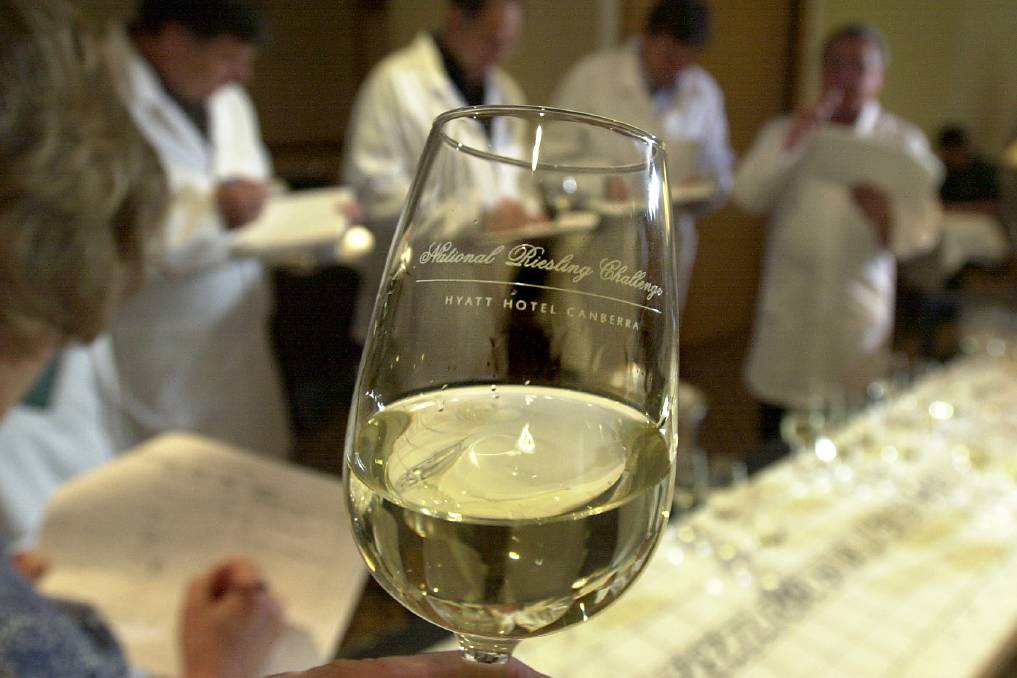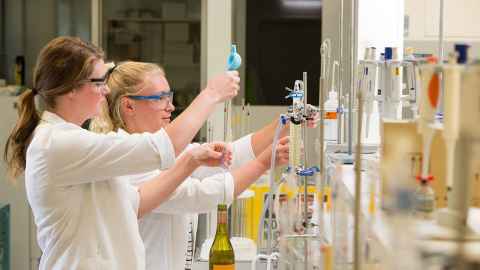One of the biggest international promotions of Riesling starts today at the Albert Hall in Canberra, Australia.
The Riesling challenge has attracted 502 entries from 228 wineries from across nine Riesling-producing countries.
Judges from China, the UK, New Zealand, and Australia will rate the wines by region, country, and the world over three days, with results announced this Friday evening at an awards ceremony at the Hotel Realm.
The week will conclude with one of the biggest consumer tastings of Riesling in the world.
A feature of this year’s entries is what may be the first-ever entry from China to an Australian wine show.
“… one remembers the early days when Riesling was regarded as a cheap low-quality wine. Riesling’s profile is now that of the greatest white wine in the world” states CIRC chair James Service
Riesling Week Events
- Judging: 14-17 October 2019: Albert Hall, Yarralumla – Media only
- Riedel Riesling Master Class: Thursday 17 October 2019, 6.00pm – 9.00pm at the Hotel Realm
- Awards Presentation: Friday 18 October 2019, 5.30pm – 7.00pm at the Hotel Realm
- Hotel Realm Riesling Dinner: Friday 19 October, 7:30pm, Buvette Restaurant, Hotel Realm
- ActewAGL Trade and Consumer Tasting: Saturday 19 October 2019, 11.00am-3.00pm Albert Hall, Yarralumla





